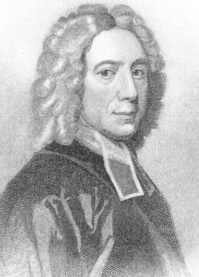The Taizé Community in France is an ecumenical monastic order of Protestants and Catholics–a “parable of community” that seeks to be a sign of reconciliation between divided Christians and between separated peoples. Taizé songs are intended to support personal prayer, and reveal to us a glimpse of heaven’s joy through the beauty of human voices.
The community is made up of about one hundred brothers. After a time of preparation, a new brother in the Taizé community will make his lifelong commitment. Here are a few of the words used to express this commitment:
…The Lord Christ, in his compassion and his love for you, has chosen you to be in the Church a sign of brotherly love. He calls you to live out, with your brothers, the parable of community.
So, renouncing from now on all thought of looking back, and joyful with boundless gratitude, never fear to run ahead of the dawn, to praise, and bless, and sing Christ your Lord.
Receive me, Lord Christ, and I shall live; may my hope be a source of joy.



